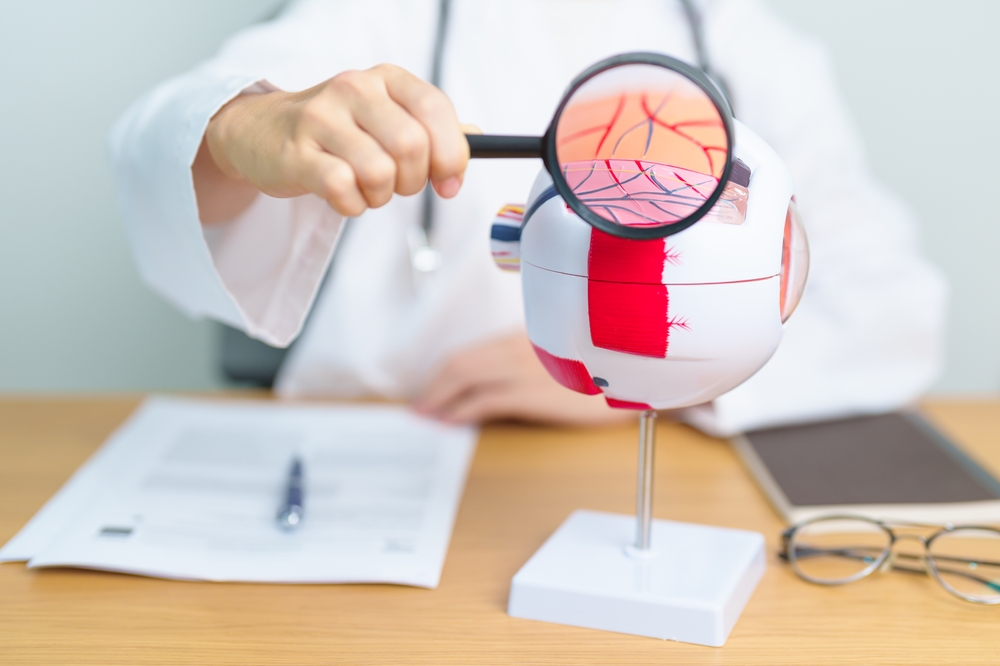Macular Edema: Why People with Diabetes Are at Risk
Submitted by Michael J. Elman, M.D. on August 26, 2024

Living with diabetes presents many health challenges, from head to toe. With their many delicate nerves and blood vessels, the eyes are often the first part of the body affected by the disease.
Conditions like diabetic retinopathy can develop and progress to cause diabetic macular edema. This can lead to blindness. However, we tell our patients that they can be proactive about their eye health when living with diabetes.
At Elman Retina Group, our doctors strive to educate, support, and protect our patients so they can enjoy good vision for a lifetime. Today’s blog is part of that educational outreach, focusing on why diabetics are at risk for macular edema.
What Is Macular Edema?
Macular edema occurs when fluid builds up in the macula, a part of the retina (light-sensing tissue layer) in the back of the eye. The macula is responsible for sharp, straight-ahead vision.
Macular swelling can distort vision, causing:
- Blurriness
- Wavy central vision
- Color fading
- Challenges with recognizing faces
- Difficulty reading
If left untreated, macular edema can lead to significant vision loss and a dramatically decreased quality of life.
How Macular Edema Happens – and Why Diabetes Puts You at Risk
With diabetes, your blood sugar levels rise dangerously high. This can damage the blood vessels in and around your retina, causing a condition called diabetic retinopathy. With uncontrolled diabetic retinopathy, the eye blood vessels may rupture and leak blood and other fluids into the retina.
That fluid can’t drain due to blood vessel damage, so it continues building and causes swelling in the macula, resulting in diabetic macular edema.
Diabetic retinopathy and macular edema can happen with both Type 1 and Type 2 diabetes. If you have prediabetes, you’re also at risk.
Preventing and Managing Macular Edema
Preventing macular edema begins with good diabetes management. Some things that you can do to take control and help prevent diabetic eye disease are:
- Healthy diet
- Regular exercise
- Close blood sugar monitoring
- Taking diabetes medications as prescribed
Regular eye exams are another crucial aspect of diabetic eye disease prevention. Our ophthalmologists use the latest imaging and monitoring techniques to detect problems early so you maintain your eye health and prevent vision loss.
If you already have macular edema, we provide effective treatments, such as anti-VEGF injections, to reduce swelling and prevent further vision loss.
Expert Diabetic Eye Care in Baltimore
If you have diabetes and are concerned about your eye health, our experts can help. Call our office at (410) 686-3000 or schedule online now to ensure your vision remains clear and healthy.



